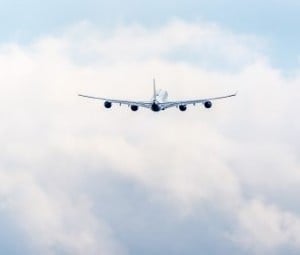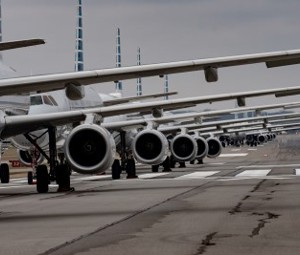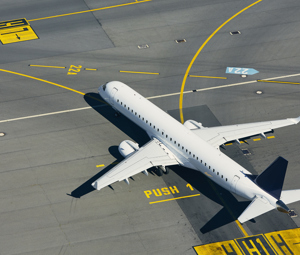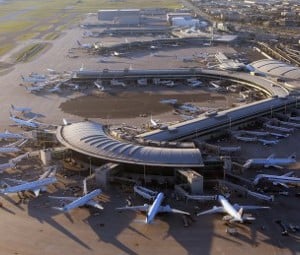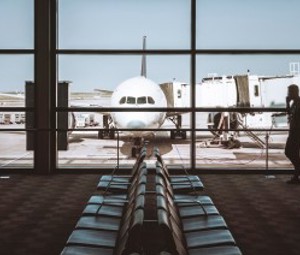Need Help?
Airport slot coordination is the process that allocates scarce airport capacity to airlines in advance of each scheduling season. It ensures airline schedules can be planned according to the airport capacity that’s available, preventing unnecessary delays on the day and optimizing the efficient use of this heavily demanded infrastructure when fully implemented.
